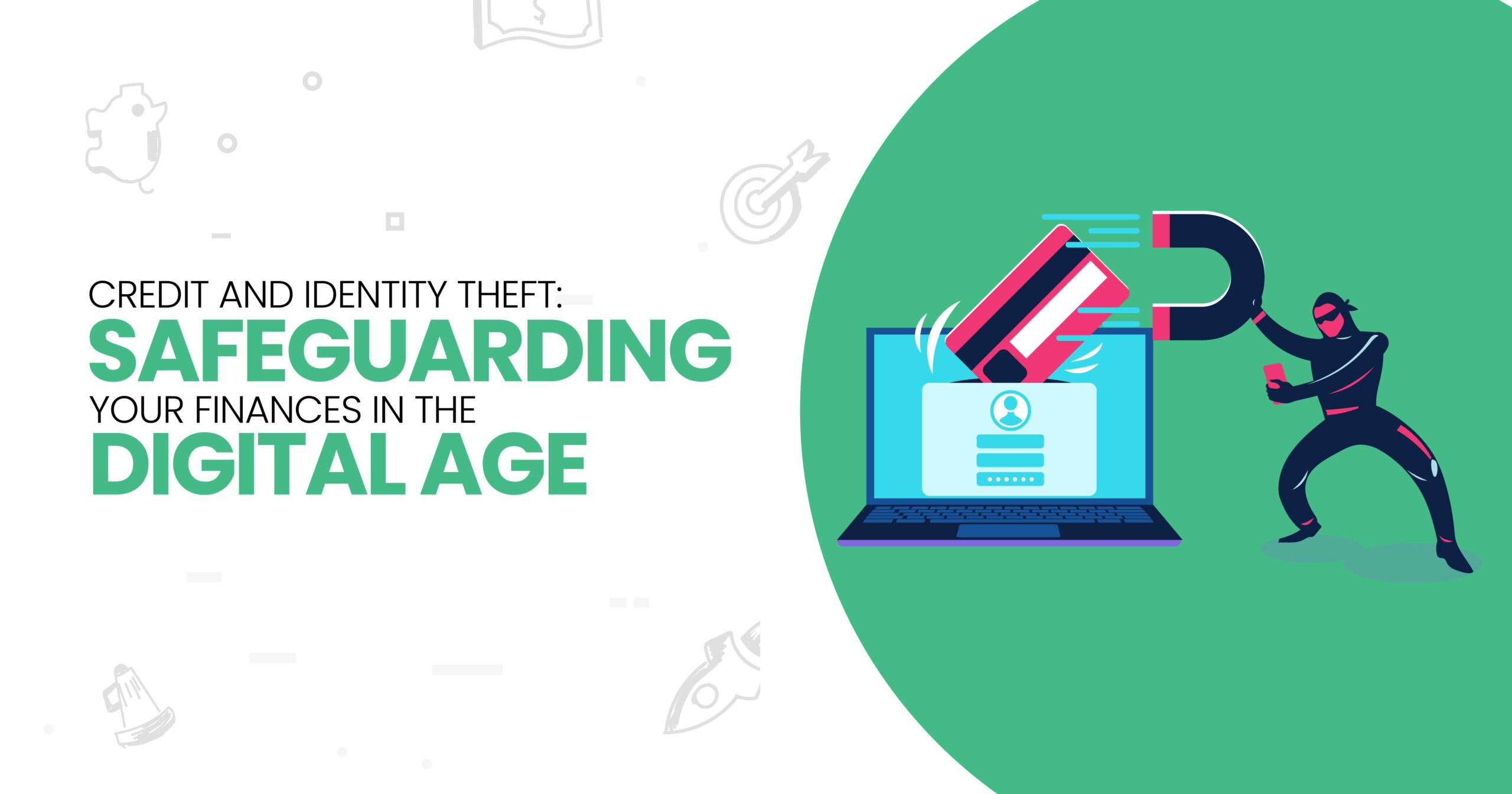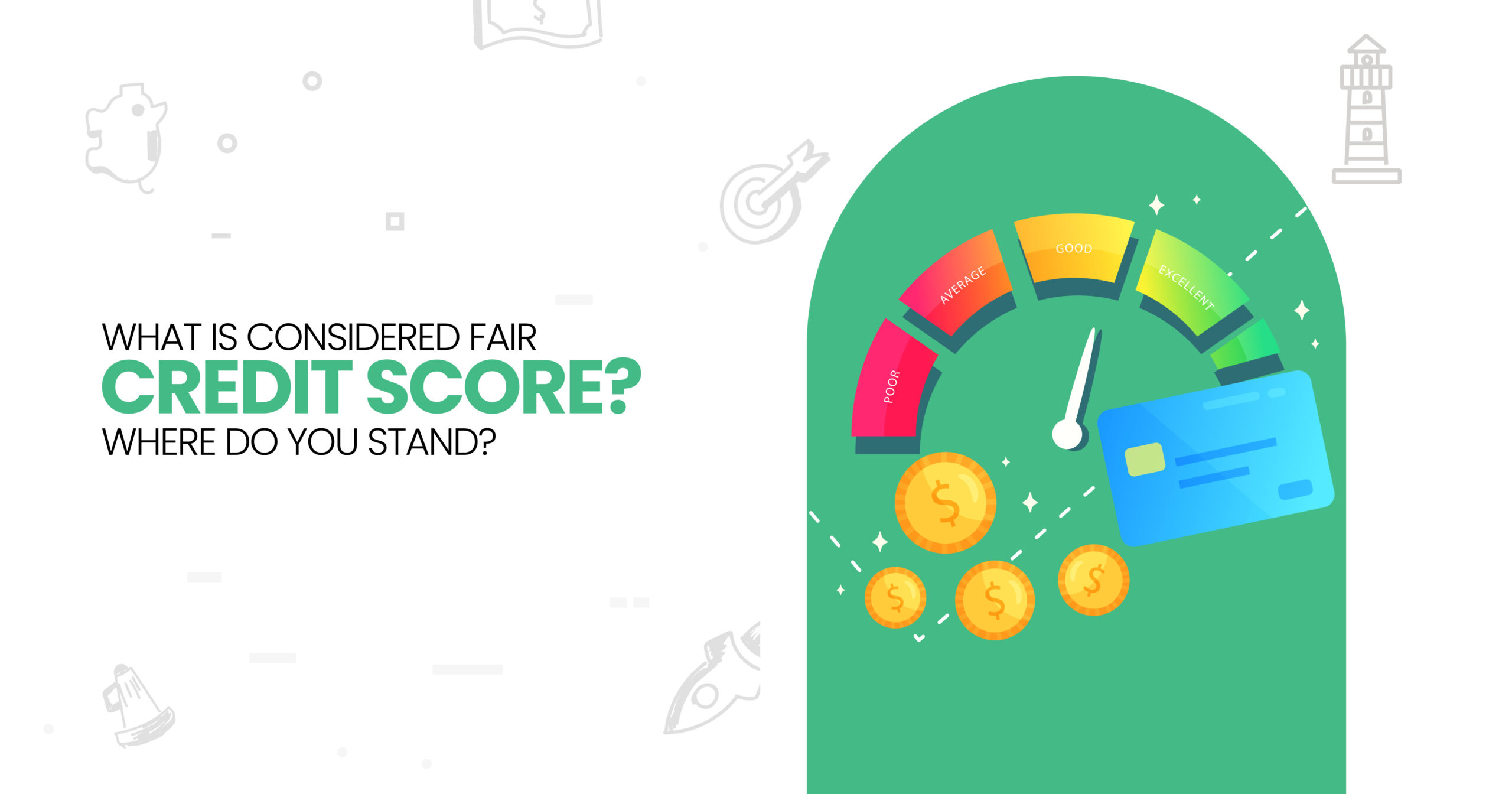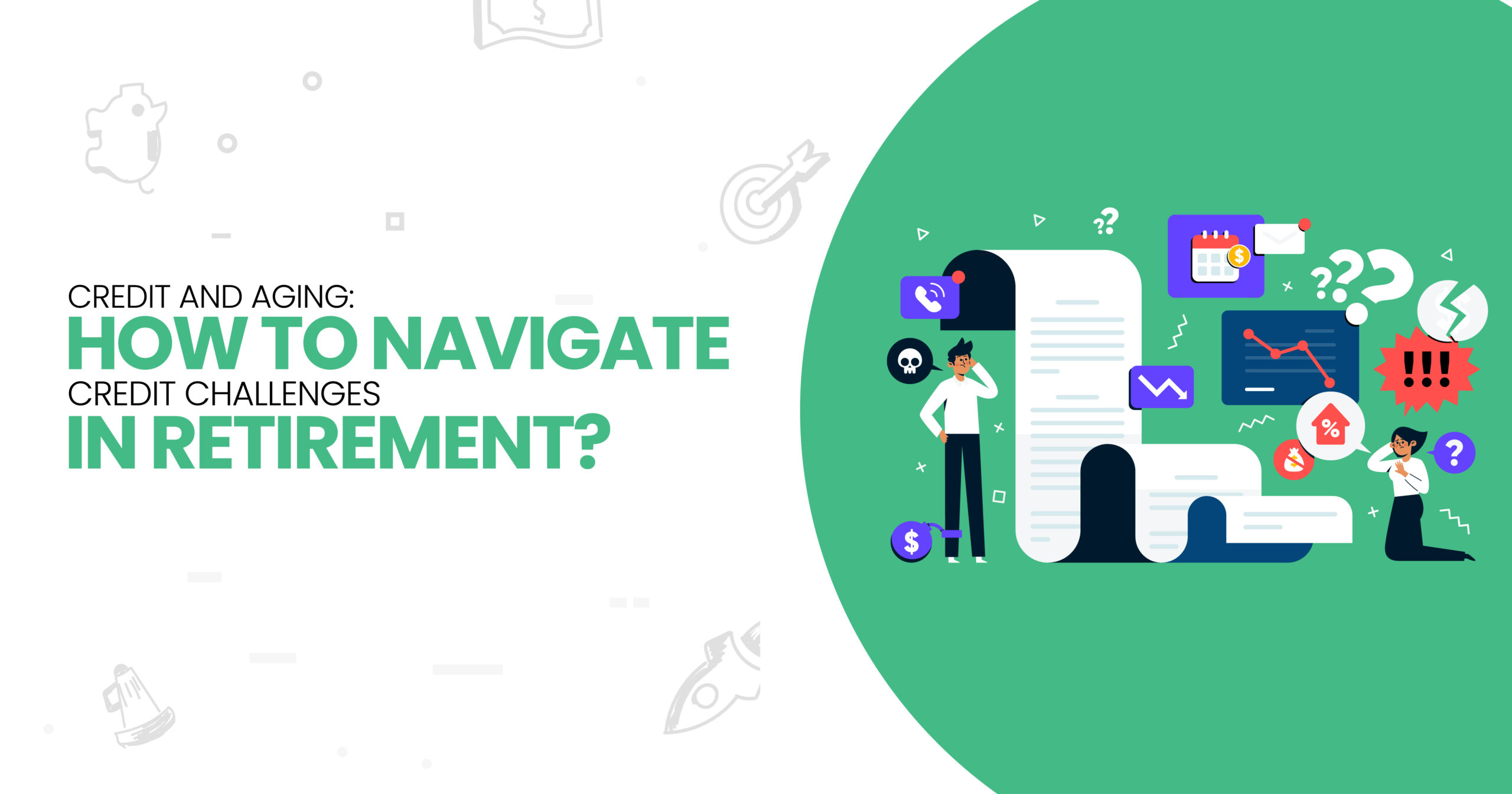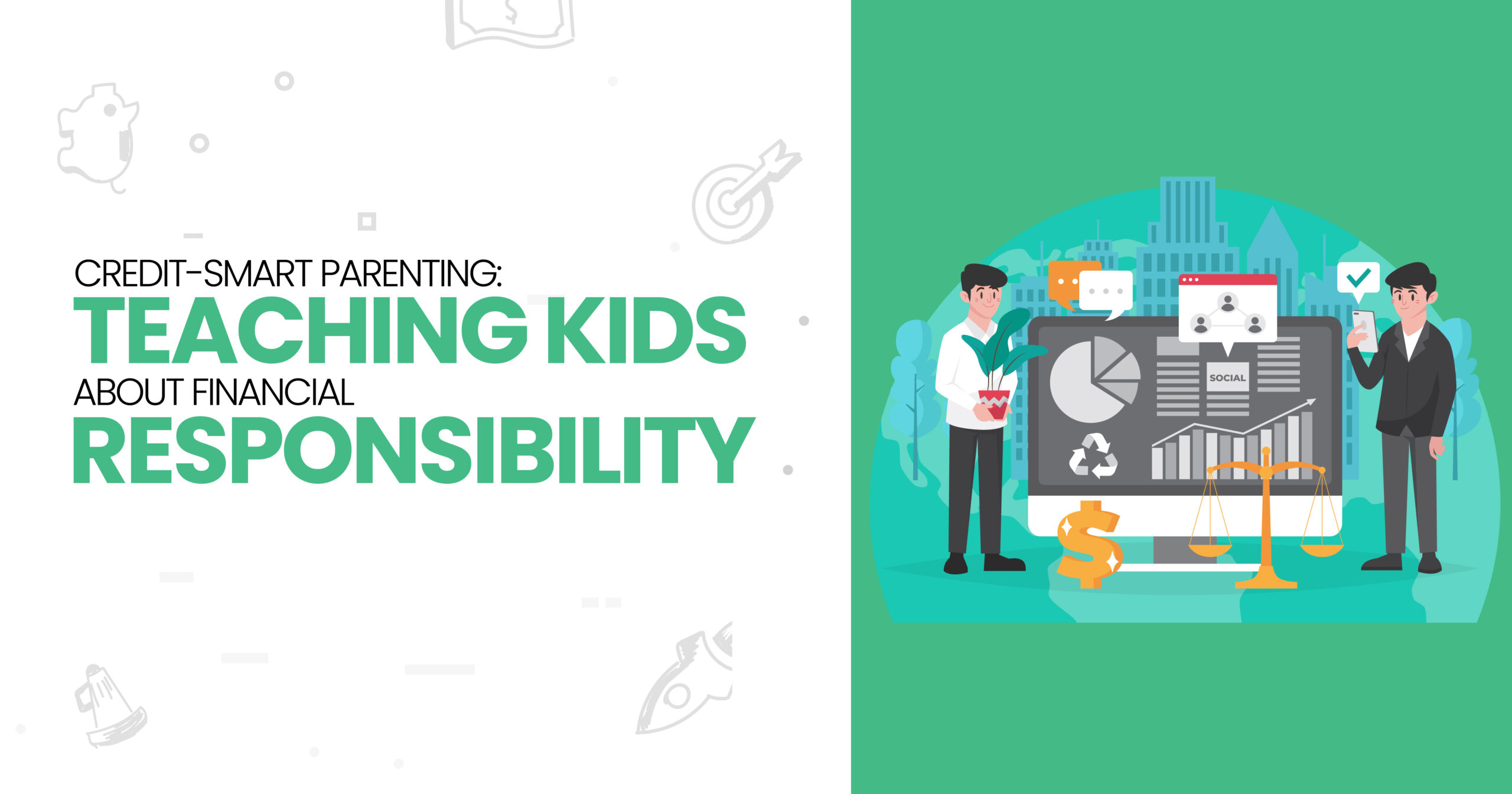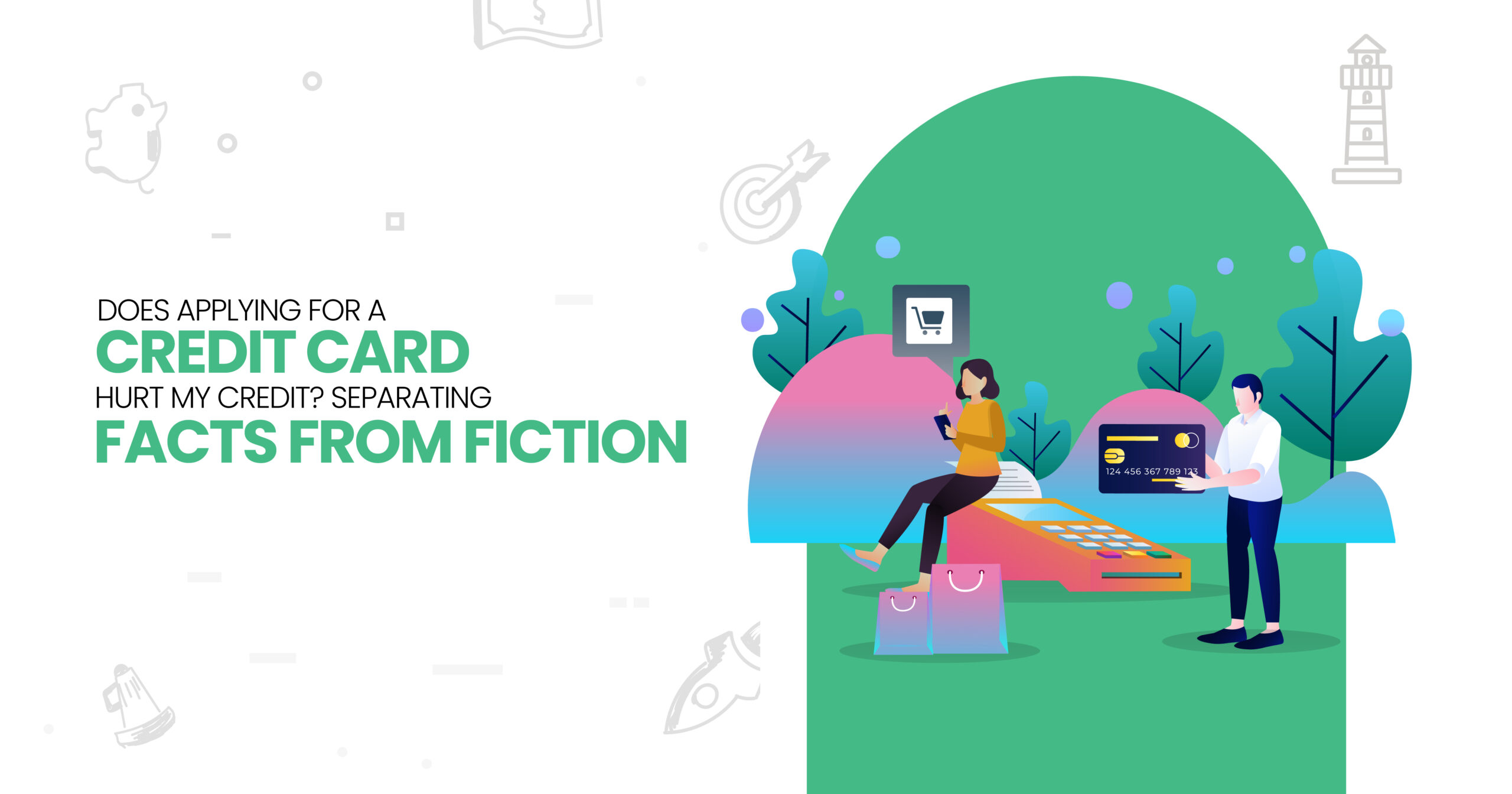Need help? Get in touch!

The Power Of Plastic – Harnessing Credit Cards For Financial Success
Credit cards have become an integral part of modern financial transactions, offering convenience and flexibility to consumers worldwide. However, with this convenience comes the responsibility of managing credit cards wisely to avoid falling into debt traps.
Understanding Credit Cards
It’s crucial to understand key terms associated with credit cards, such as credit limits, interest rates, and fees. Credit limits determine the maximum amount you can borrow, while interest rates dictate the cost of borrowing money. Additionally, being aware of fees such as annual fees, late payment fees, and balance transfer fees can help you manage your finances effectively.
Importance Of Responsible Credit Card Usage
Responsible credit card usage offers several benefits to help you in the long run. Responsible credit card usage is crucial for maintaining financial stability and achieving long-term financial goals. Here are some key reasons why it’s essential to use credit cards responsibly:
Building and Maintaining Good Credit
One of the most significant benefits of responsible credit card usage is the opportunity to build and maintain a positive credit history. Your credit history, including your track record of making timely payments and managing debt, is a crucial factor in determining your credit score. A higher credit score can open doors to better interest rates on loans, credit cards, and mortgages. It also enhances your financial reputation, making it easier to qualify for rental agreements, utilities, and even job opportunities.
Access to Financial Flexibility
Credit cards provide financial flexibility, allowing you to make purchases or cover expenses when needed, even if you don’t have cash on hand. Responsible usage ensures that you use this flexibility wisely, only charging what you can afford to repay in full by the due date. This can help you manage unexpected expenses, take advantage of sales or travel opportunities, and smooth out cash flow fluctuations without relying on high-interest loans or payday advances.
Earning Rewards and Benefits
Many credit cards offer rewards programs, cashback incentives, or other perks for cardholders. By using your credit card responsibly, you can maximize these benefits and potentially earn valuable rewards on your everyday spending. However, it’s essential to choose a rewards program that aligns with your spending habits and to avoid overspending or carrying balances solely to chase rewards.
Protection and Security
Credit cards often come with built-in consumer protections and security features that can safeguard your purchases and personal information. For example, many credit cards offer fraud protection, purchase protection, extended warranties, and liability coverage for unauthorized transactions. Responsible usage includes monitoring your account activity regularly, reporting any suspicious charges promptly, and safeguarding your card and account information from theft or fraud.
Avoiding Debt and Interest Charges
Perhaps the most critical aspect of responsible credit card usage is avoiding excessive debt and high-interest charges. Carrying balances on your credit cards can lead to a cycle of debt that becomes increasingly difficult to escape due to compound interest. By paying your balance in full each month and avoiding unnecessary purchases, you can minimize interest charges and maintain control over your finances.
Tips For Responsible Credit Card Management
- Budgeting and Planning: Creating a monthly budget and sticking to it ensures that you only charge what you can afford to pay off when the statement arrives.
- Understanding Terms and Conditions: Take the time to read and understand the fine print of your credit card agreement, including interest rates, fees, and any applicable penalties.
- Making On-Time Payments: Set up automatic payments or reminders to ensure you never miss a payment deadline, as late payments can result in hefty fees and damage to your credit score.
- Monitoring Spending and Statements: Regularly review your credit card statements to track your spending and identify any unauthorized charges or errors promptly.
- Avoiding Cash Advances and High-Interest Transactions: Cash advances often come with high fees and interest rates, making them an expensive way to access funds. Avoid cash advances and prioritize using your credit card for purchases within your means whenever possible.
- Keeping Credit Utilization Low: Aim to keep your credit card balances well below your credit limits, as high credit utilization can negatively impact your credit score.
- Building Emergency Savings: Establishing an emergency fund can provide a financial safety net for unexpected expenses, reducing the need to rely on credit cards for emergencies.
Strategies For Debt Avoidance
- Paying More Than the Minimum: Always strive to pay more than the minimum payment required on your credit card statement. By doing so, you can reduce the overall interest accrued and pay off your debt more quickly.
- Consolidating Debt: Explore options such as balance transfers or debt consolidation loans to streamline your debt repayment process and potentially lower your interest rates.
- Seeking Assistance: If you’re struggling to manage your credit card debt, don’t hesitate to seek assistance from credit counseling services or financial advisors. They can provide guidance and support in developing a debt repayment plan tailored to your financial situation.
Dealing With Credit Card Debt
If you find yourself in credit card debt, take proactive steps to address the issue. Begin by prioritizing debt repayment and cutting unnecessary expenses to free up funds for repayment. Consider contacting your creditors to negotiate more favorable repayment terms or explore debt consolidation options to simplify your payments.
Conclusion
Responsible credit card management is essential for maintaining financial health and avoiding debt pitfalls. By following the tips outlined in this article and staying vigilant about your spending habits, you can leverage the benefits of credit cards while mitigating the risks of debt accumulation. Remember, wise financial decisions today can pave the way for a brighter financial future tomorrow.
related post
- Located in Pembroke Pines, FL
- FICO is a registered trademark of Fair Isaac Corporation in the United States and other countries. Pines Credit Pros does not offer legal advice and is not a substitute for legal services. Pines Credit Pros does not guarantee the permanent removal of verifiable tradelines or make promise(s) of any particular outcome whatsoever. Pines Credit Pros requires active participation from its clientele regarding requested documents and information, including investigation results, for the sought-after outcome of a healthy, accurate credit report. Individual results may vary.


